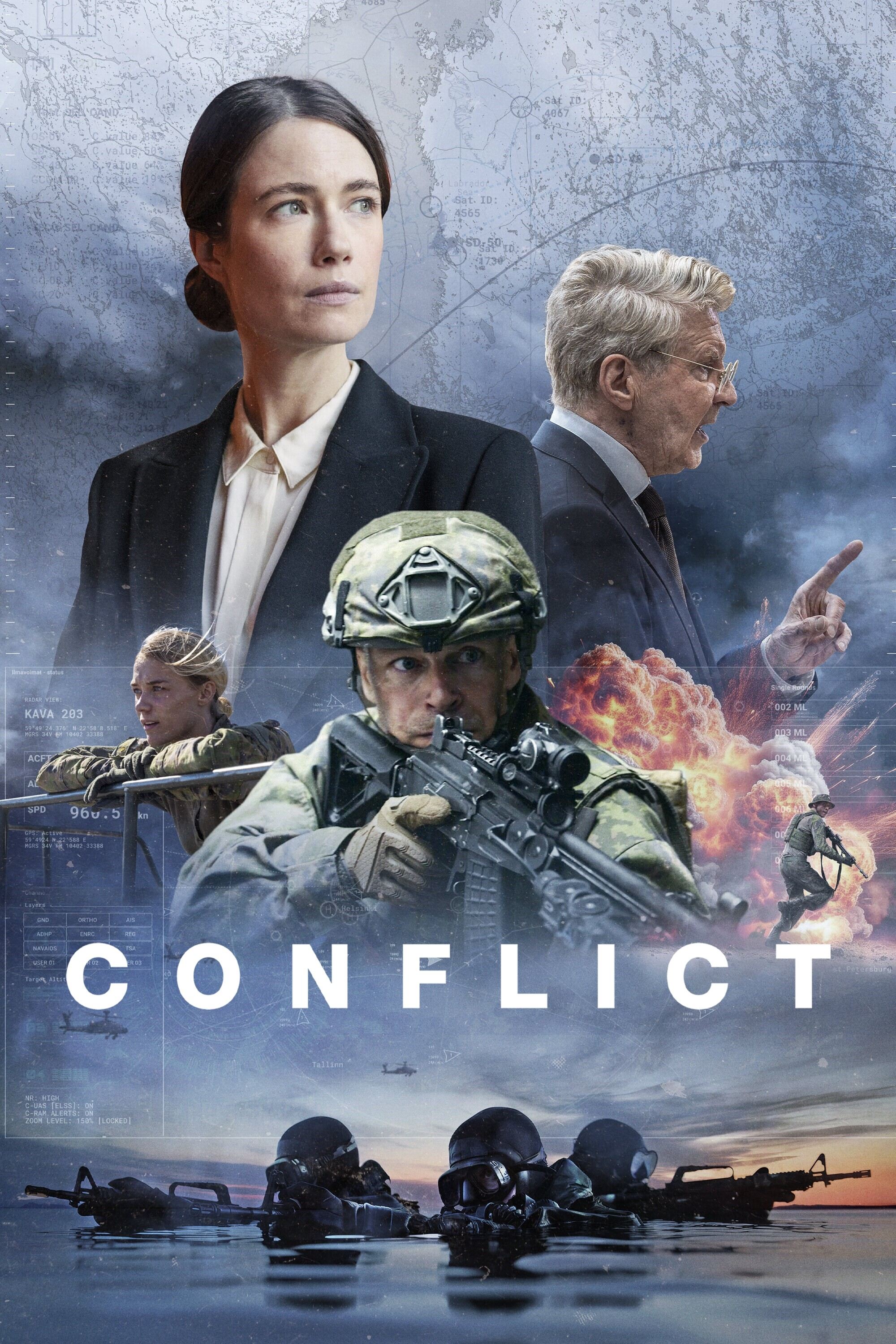
A small, Finnish seaside town is preparing to celebrate midsummer's eve. An unknown enemy arrives and takes the entire area hostage.

A courageous pastor uses his underground network to rescue and aid North Korean families as they risk their lives to embrace freedom.
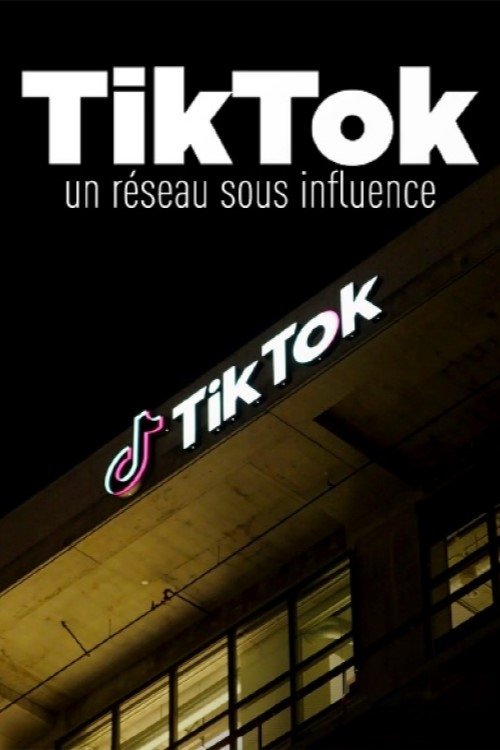
The most downloaded app in the world is raising serious geopolitical concerns. How did TikTok become a central player in the ongoing trade and political tensions between Beijing and Washington? As a key decision looms regarding its future in the United States, this documentary offers an in-depth look at the platform and sheds light on the growing global battle over data control.
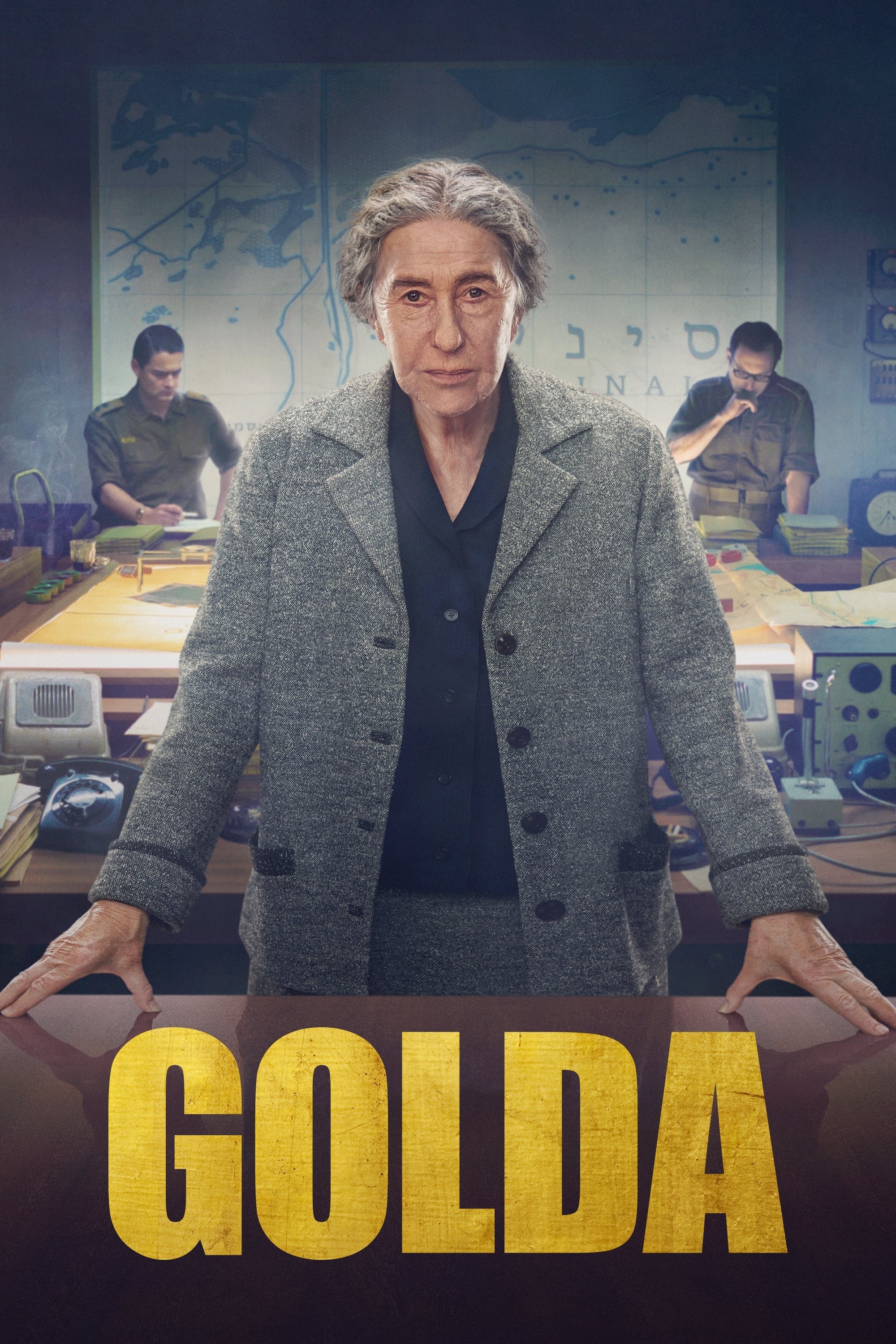
Set during the tense 19 days of the Yom Kippur War in 1973, Israeli Prime Minister Golda Meir is faced with the potential of Israel’s complete destruction. She must navigate overwhelming odds, a skeptical cabinet and a complex relationship with US Secretary of State Henry Kissinger, with millions of lives in the balance. Her tough leadership and compassion would ultimately decide the fate of her nation and leave her with a controversial legacy around the world.
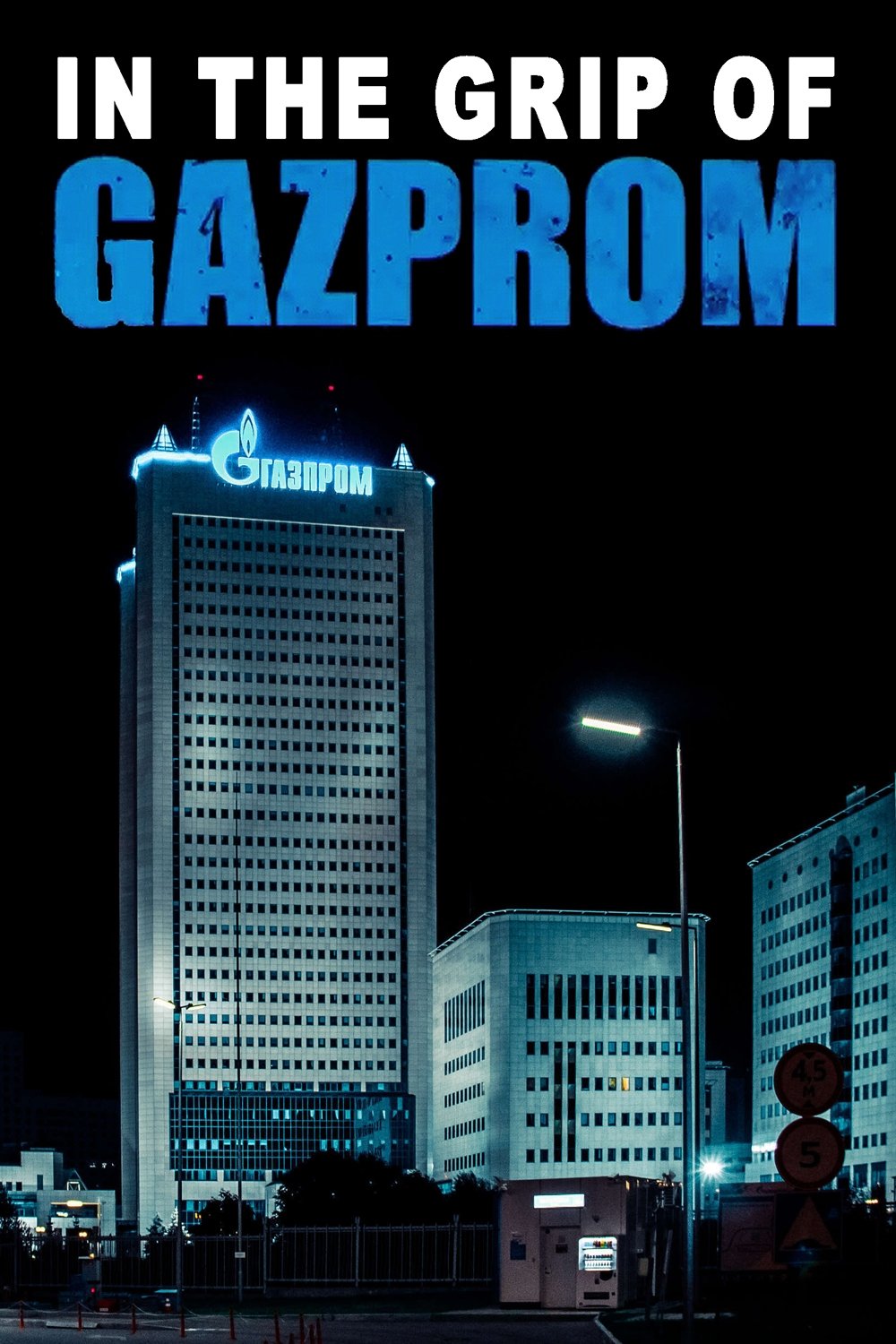
The war in the Ukraine has changed the way many European countries view Russian politics. Suddenly it became clear how dependent countries had become on Russian gas imports for decades and what Vladimir Putin was up to. However, no country needs more gas than Germany. It was only after Russia's invasion of the Ukraine that the German government realized that Russia had long used gas as a weapon to impose its will on states. The instrument created for this purpose is the natural gas production company GAZPROM. So how did Germany become so dependent on Russian gas? The documentary shows how, over several decades and several changes of government, a broad alliance of politicians and business representatives did everything possible to secure Germany's energy supply with cheap Russian gas, while the Kremlin's foreign policy became increasingly aggressive and the warnings of experts went unheeded.

An exhaustive explanation of how the military occupation of an invaded territory occurs and its consequences, using as a paradigmatic example the recent history of Israel and the Palestinian territories, the West Bank and the Gaza Strip, from 1967, when the Six-Day War took place, to the present day; an account by filmmaker Avi Mograbi enriched by the testimonies of Israeli army veterans.
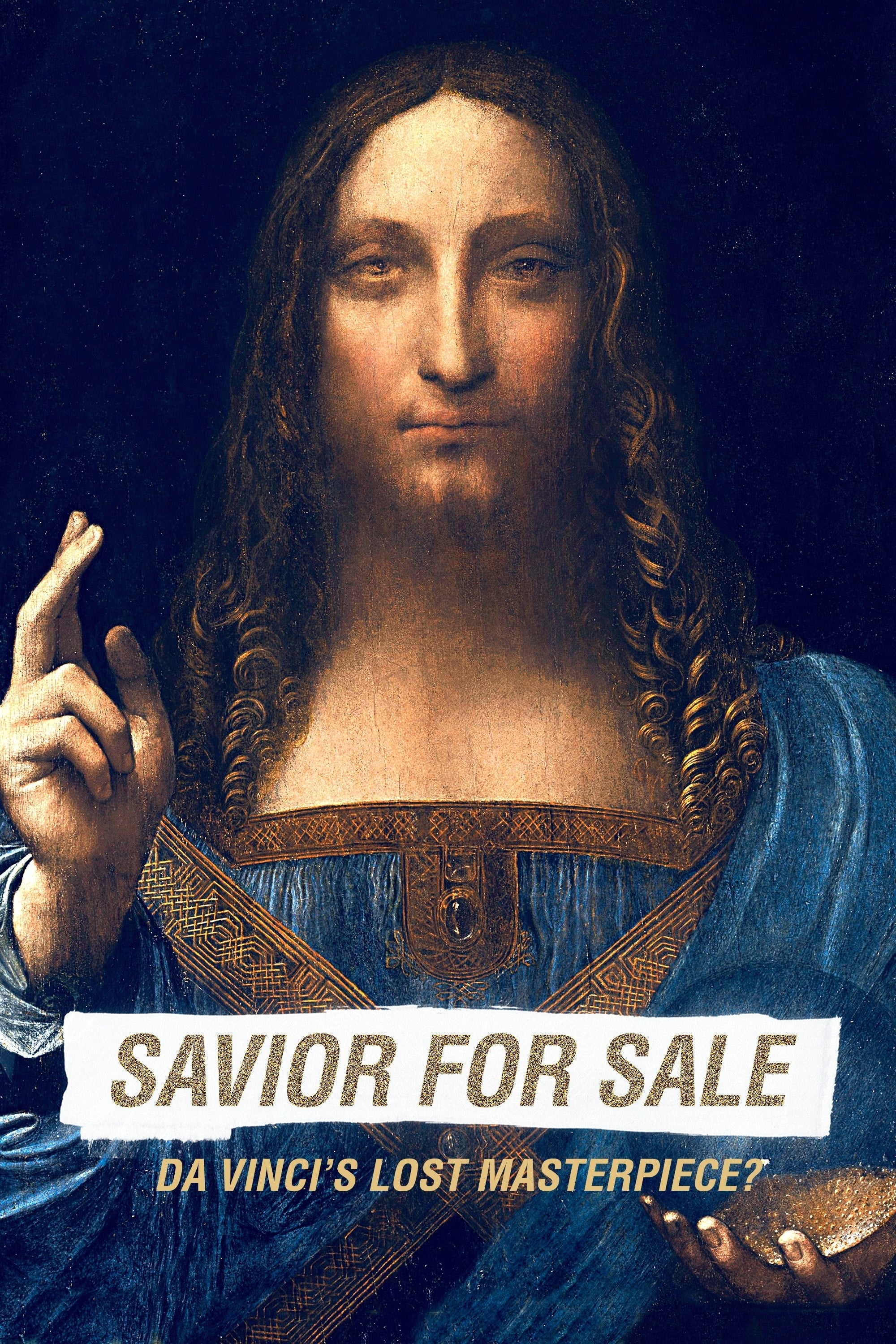
In November 15, 2017, the painting Salvator Mundi, attributed to Italian artist Leonardo da Vinci (1452-1519), was sold for an unprecedented $450 million. An examination of the dirty secrets of the art world and the surprising story of how a work of art is capable of upsetting both personal and geopolitical interests.
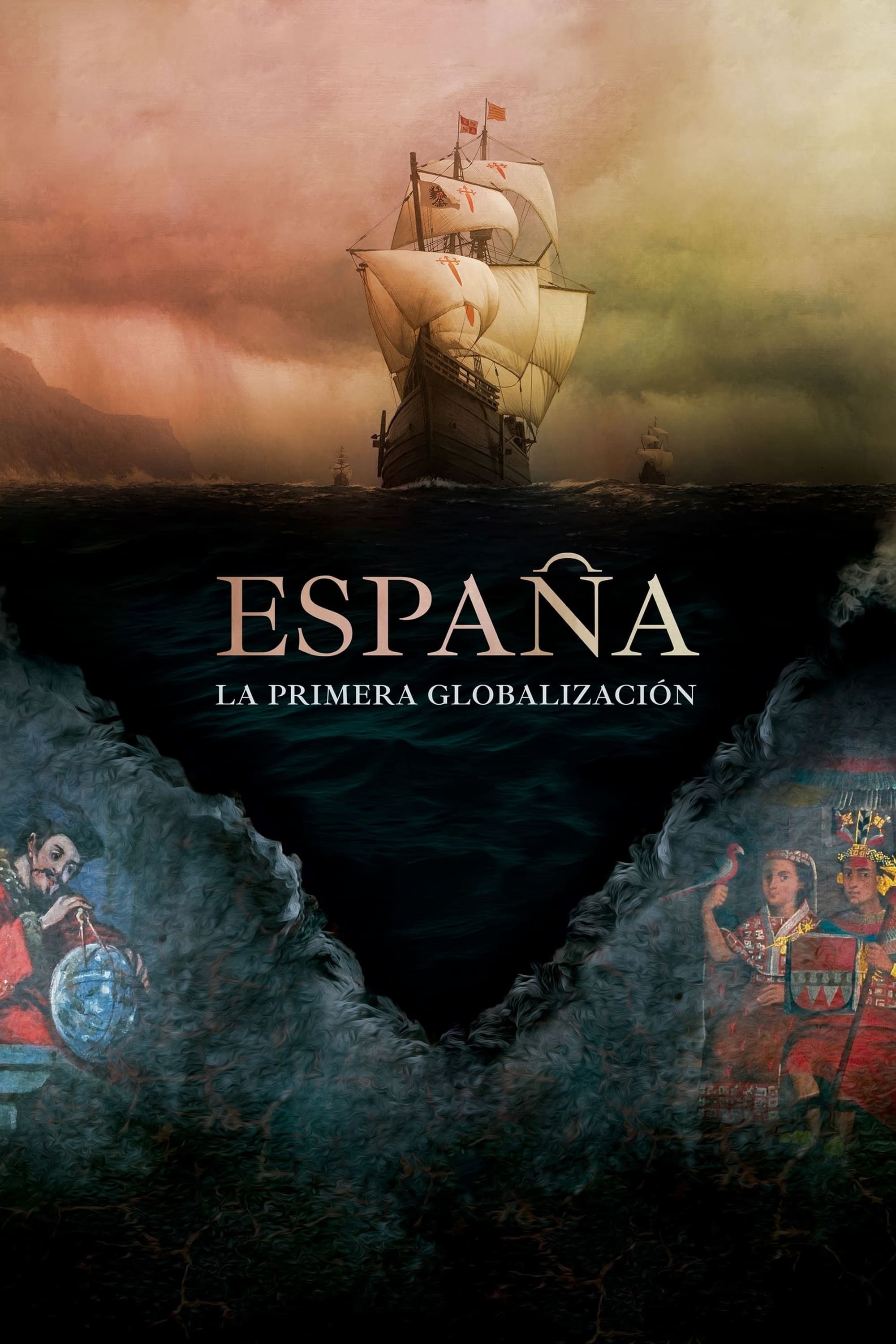
A new reading of the historical period that began with the reign of the Catholic Monarchs (1479-1516) and the discovery of America (1492), as well as an analysis of its undeniable influence on the subsequent evolution of the history of Spain and the world.
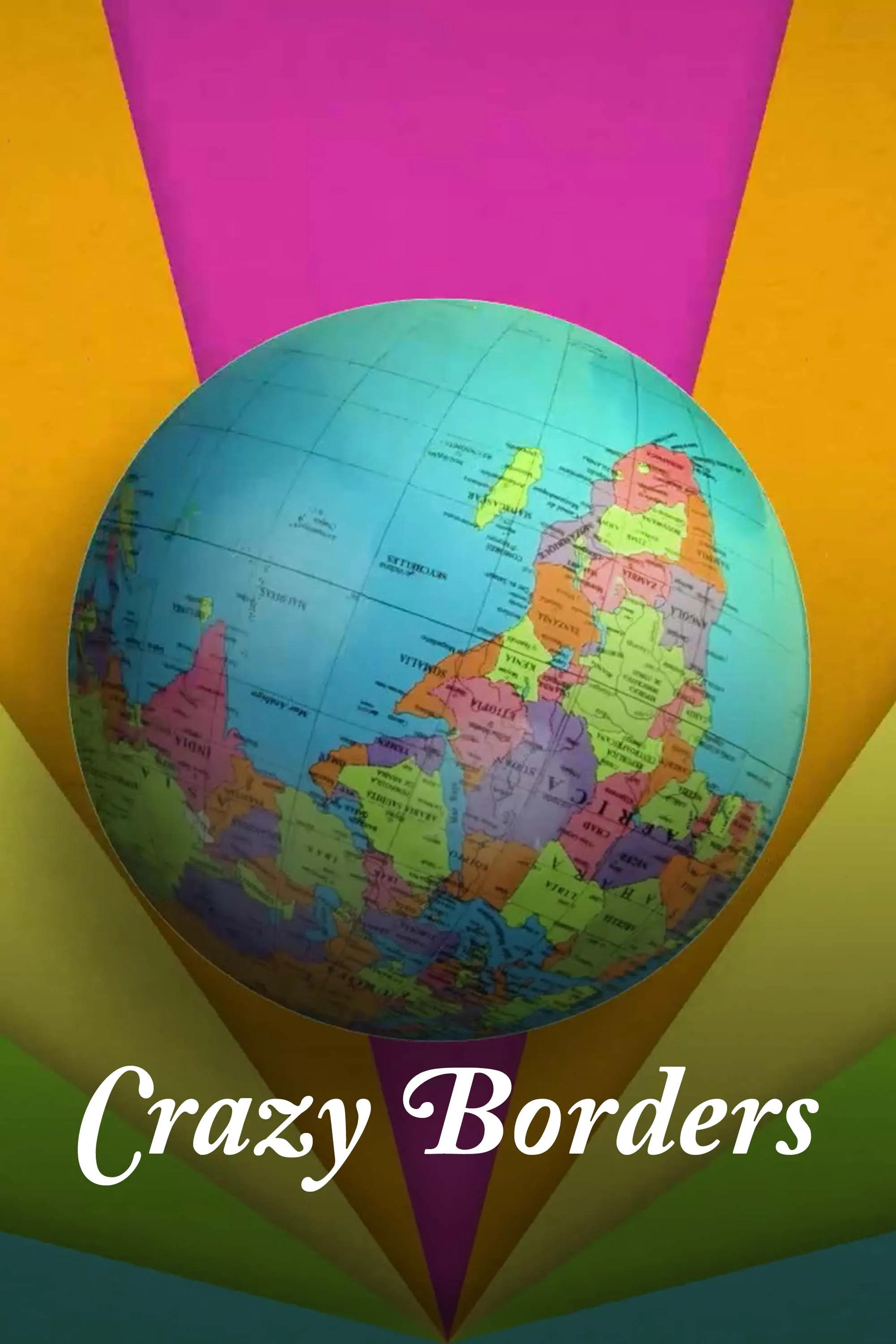
Enclaves, loaned territories, disputed areas and microstates: This is the series that looks at places with absurd borders.
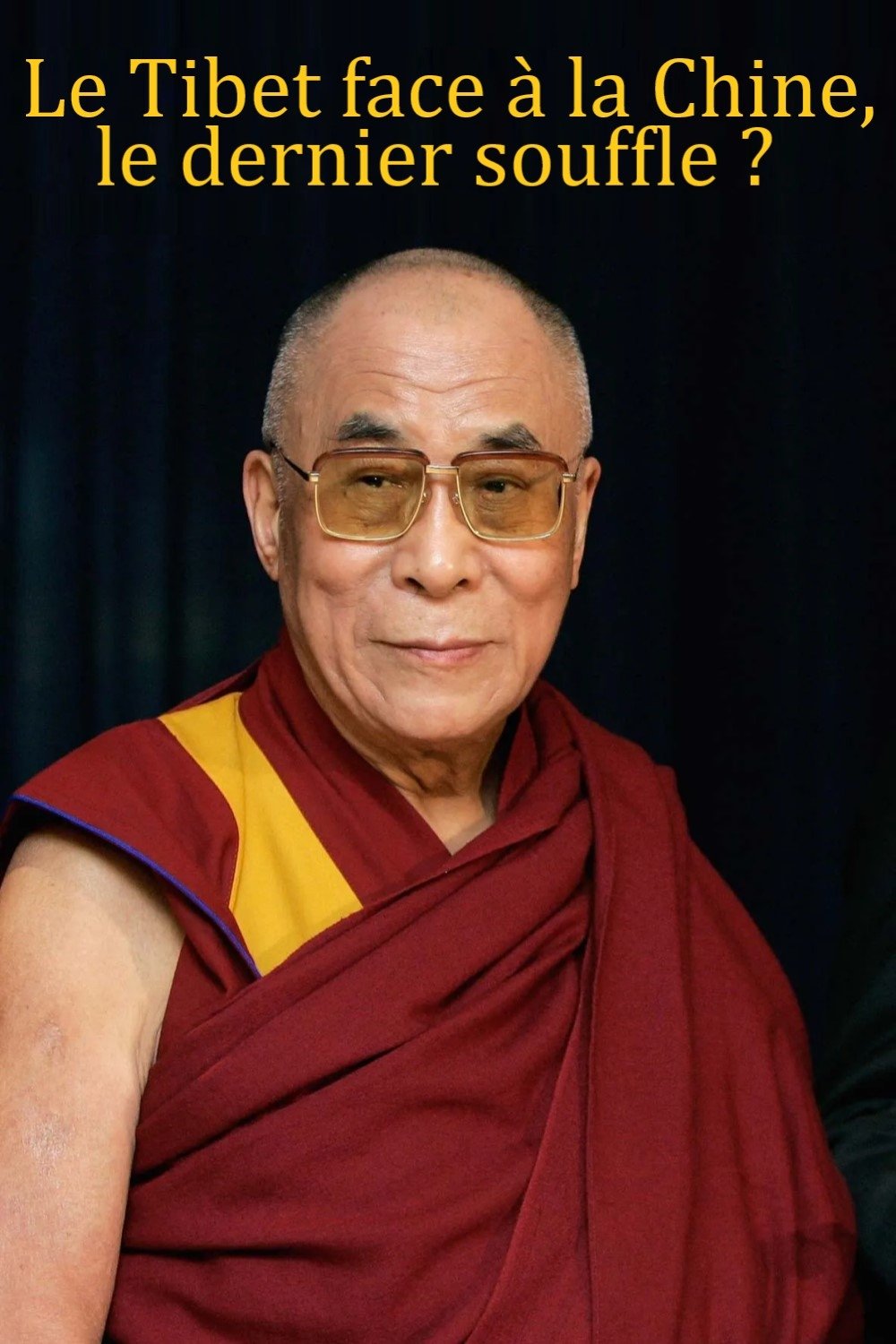
As the crucial question arises of the future succession of the Dalai Lama, we take a look back at the tormented history of the "Land of Snows" which lives under Chinese domination and which remains a geopolitical issue of the first order. A valuable documentary that gives voice to a people that China is trying to permanently silence.

A look back over nine years of the Syrian Civil War, an inextricable conflict, like a black box, due to the competing interests of the many factions in presence and those of the foreign powers.
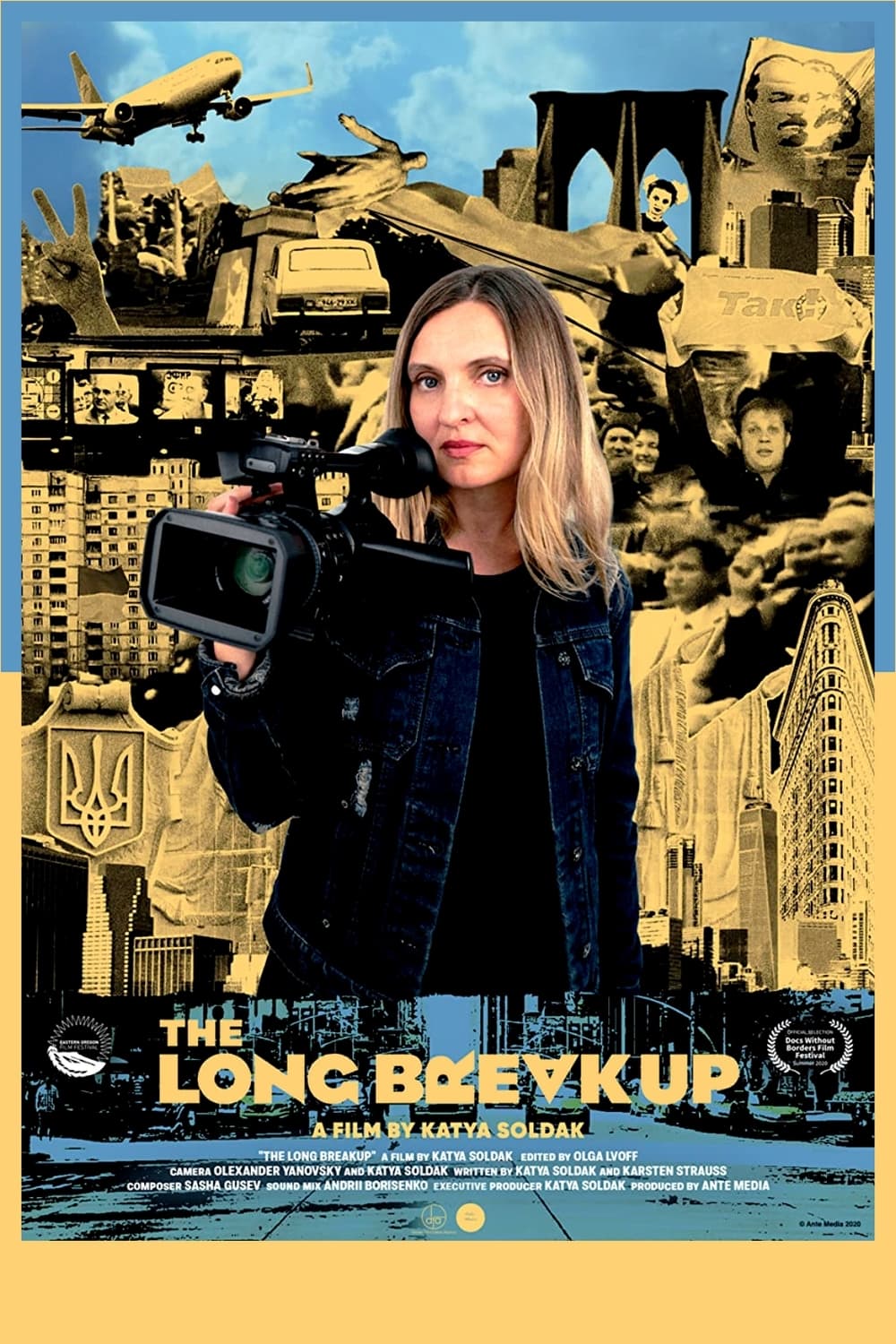
Ukrainian journalist Katya Soldak, currently living in New York City and working for Forbes magazine, chronicles Ukraine's history: its strong ties to Russia for centuries; how it broke away from the USSR and began to walk alone; the Orange Revolution, the Maidan Revolution, the Crimea annexation, the Donbass War; all through the eyes of her family and friends settled in Kharkiv, a large Ukrainian city located just eighteen miles from the Russian border.
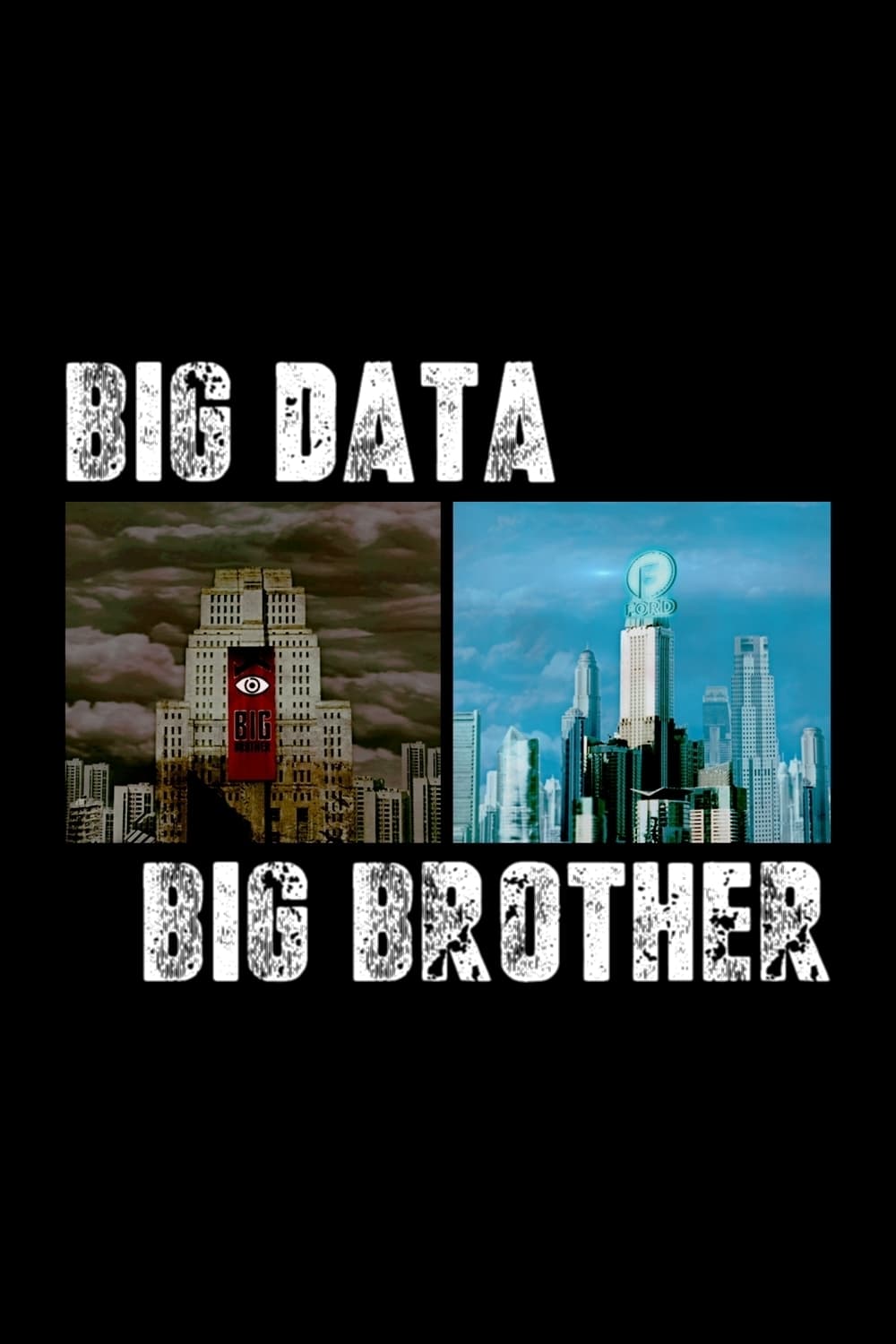
The story of the cross destiny of George Orwell (1903-50) and Aldous Huxley (1894-1963), the genius authors of the two most groundbreaking novels of anticipation of the 20th century: 1984 and Brave New World; two lucid witnesses of the maledictions of the modern world whose novels have found a considerable echo with our time.
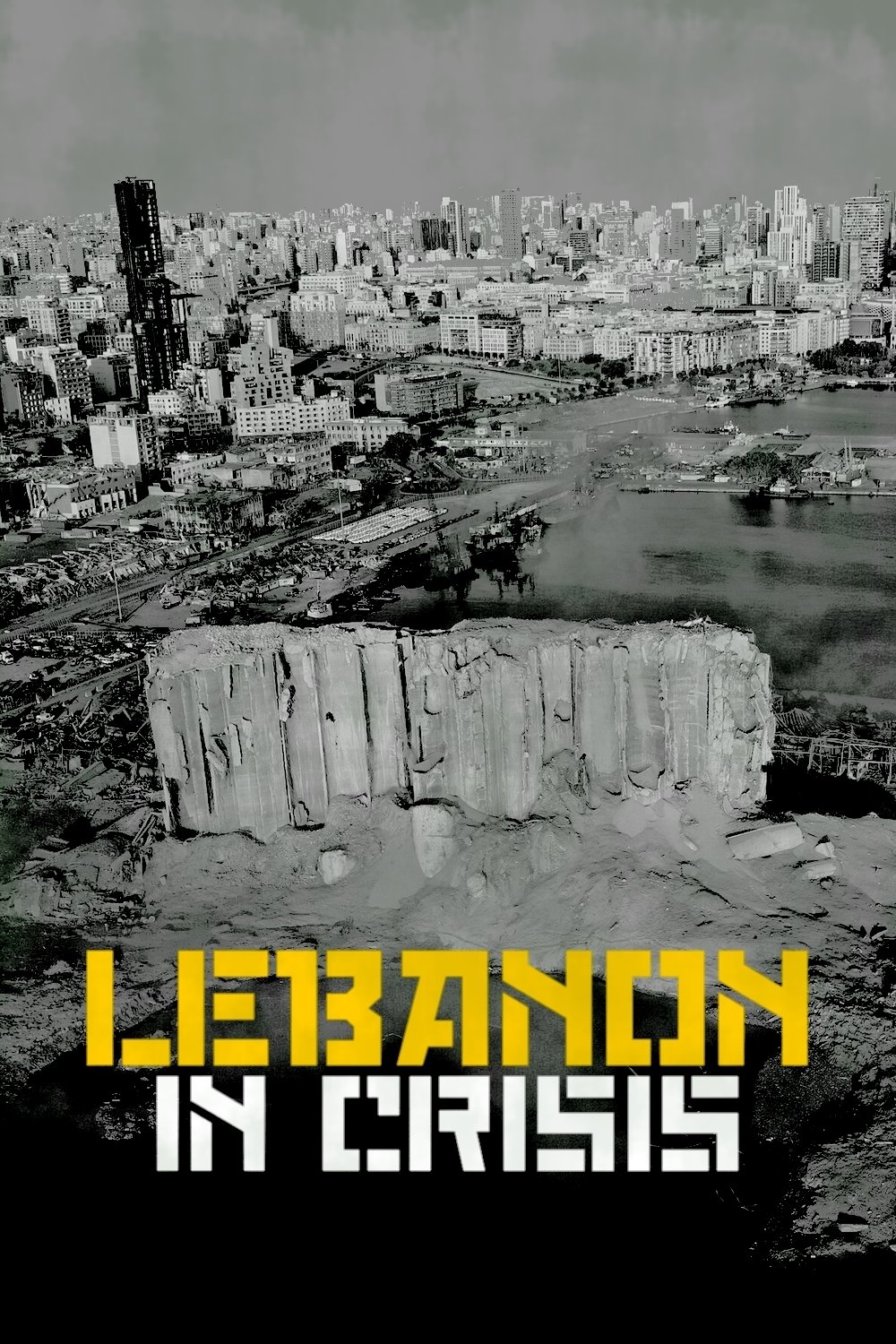
The apocalyptic blast in the Port of Beirut, Lebanon, on August 4, 2020, exacerbates anger at those in power: protests cross religious boundaries as the Lebanese people curse corruption, nepotism, gross economic mismanagement and squandering of resources. How did the Land of Cedars, a country with so much to offer, allow itself to get into such a dire situation? And will it be able to bounce back?
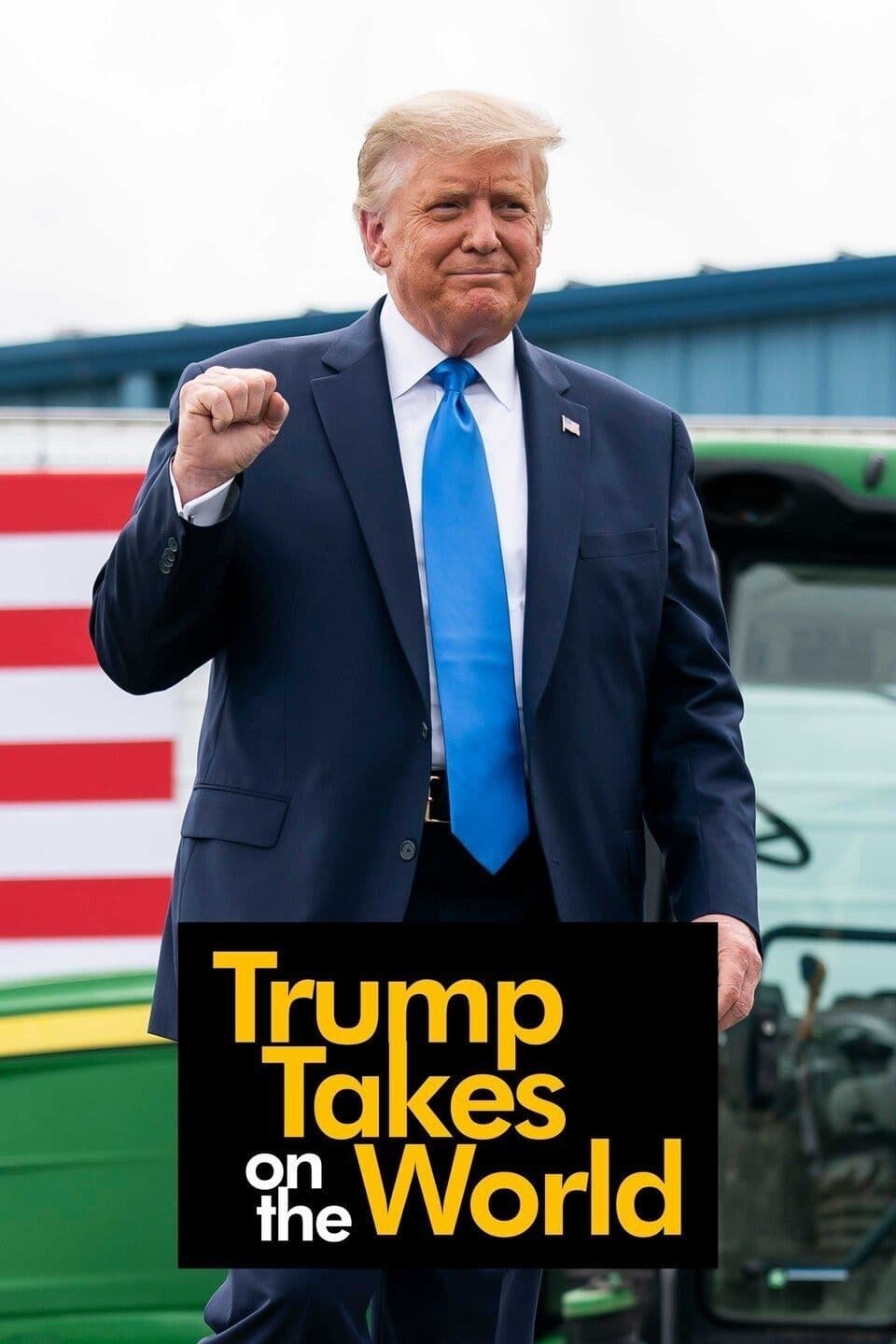
After one of the most shocking presidencies in history, Donald Trump’s top advisers and the leaders who clashed with him lift the lid on the critical moments of his foreign policy.
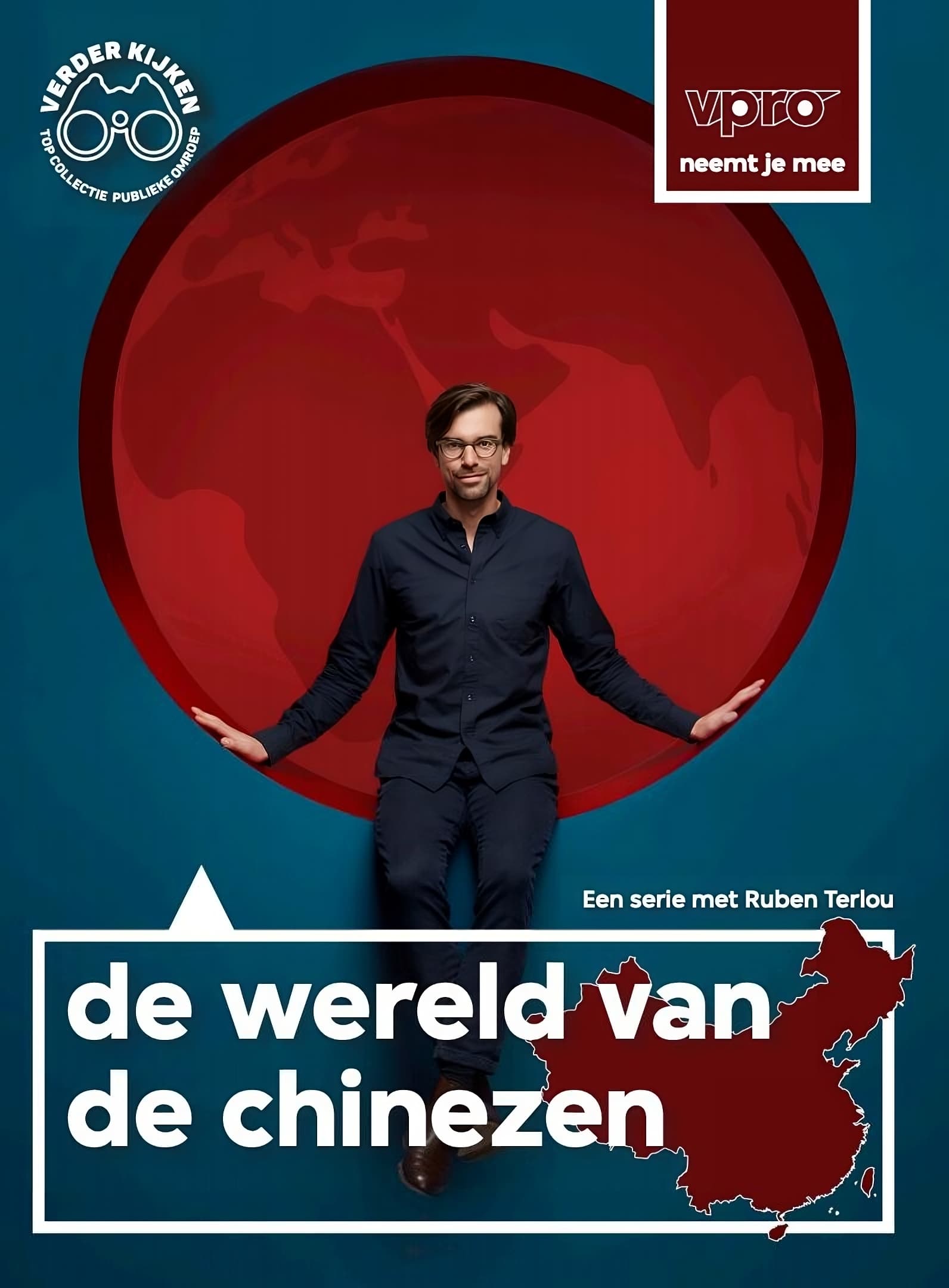
China is playing an increasingly important role worldwide. Under President Xi Jinping, substantial investments are being made in communication and cooperation and industrious Chinese people are settling abroad in large numbers. Documentary maker and China expert Ruben Terlou visits them in the new VPRO travel series ‘The World of the Chinese’. Who are they, what do they want to achieve and what impact does their presence have on the local population?
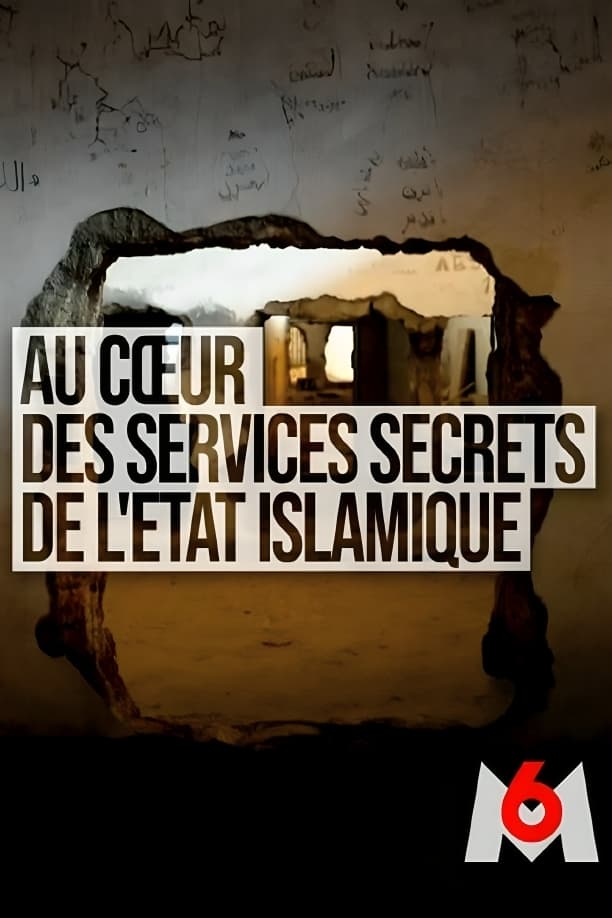
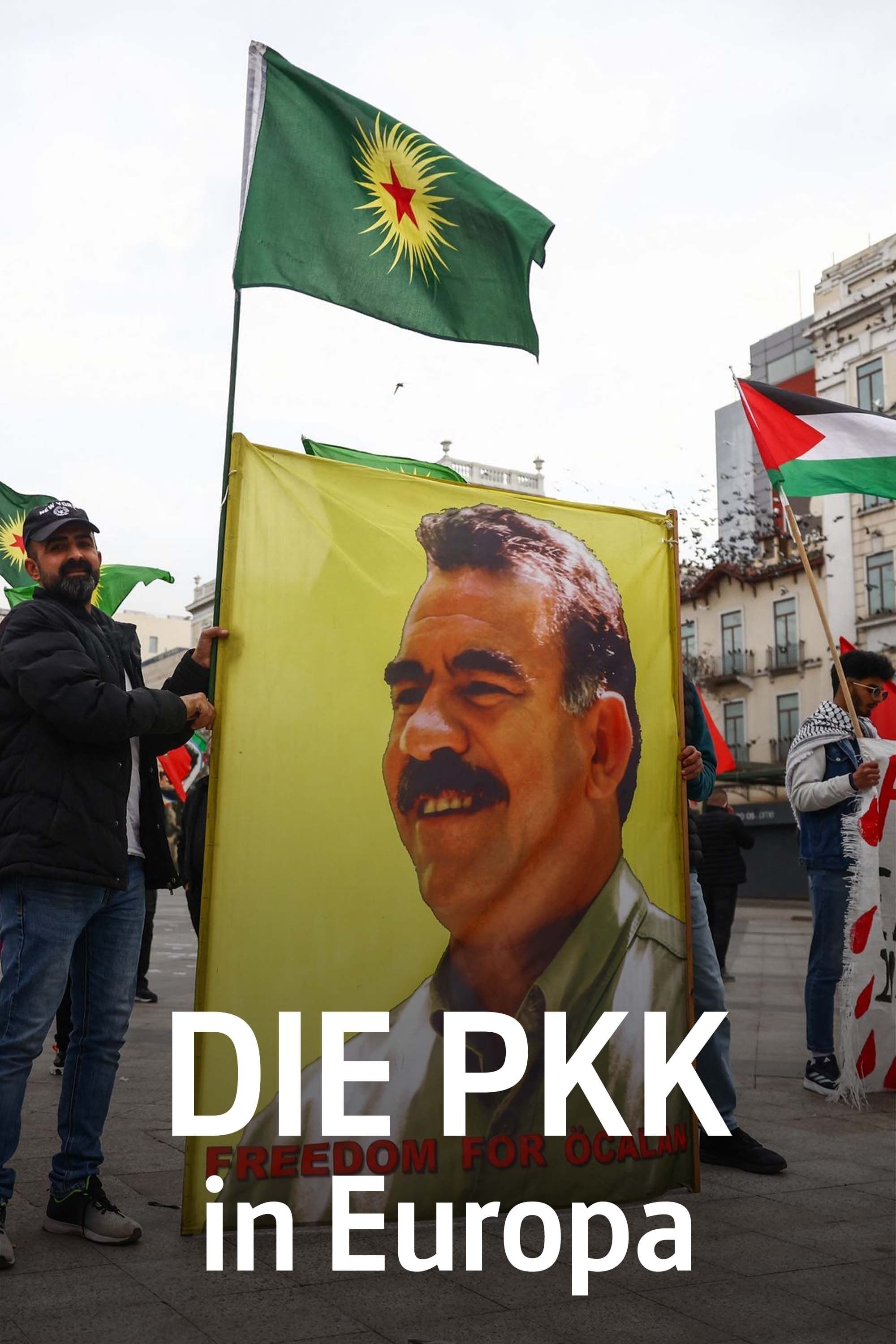
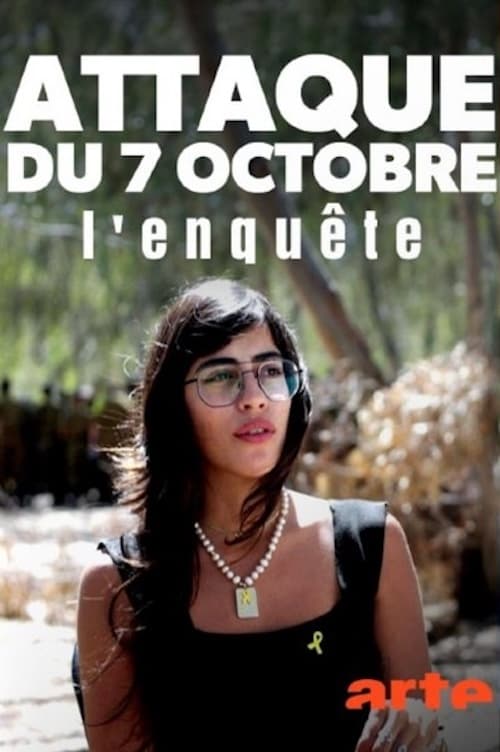
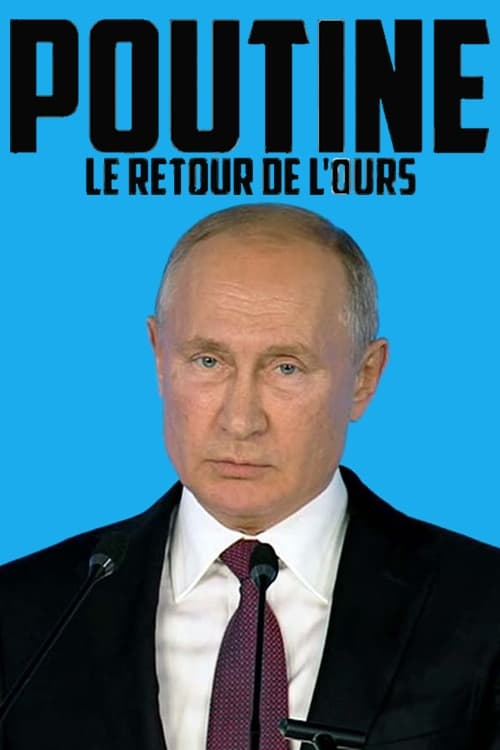
After twenty years in power, Vladimir Putin continues to implement his geopolitical strategy with Russia’s comeback on the big stage of world politics. He already announced his ambitions in 2007 – and still, it seems like the western governments were hit completely unprepared. What is behind this repeat of the Cold War?
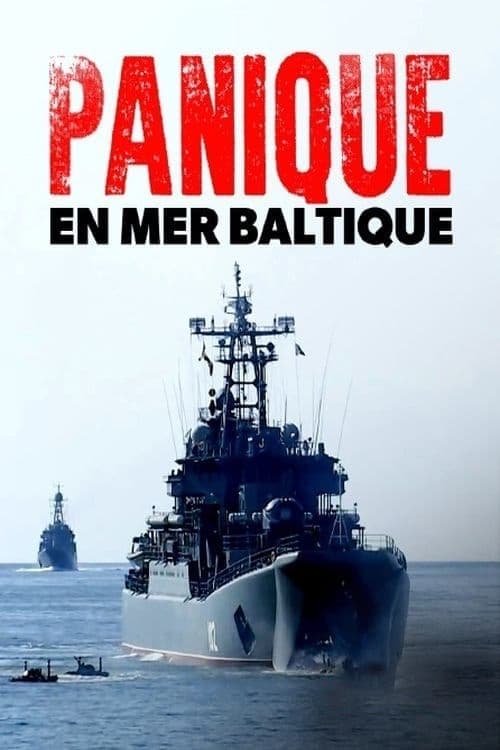
After the end of the Cold War, the Baltic was viewed almost as a quiet backwater. A nice place to visit to see charming Hanseatic cities and sandy beaches. But since the war in Ukraine the Baltic sea, bordered by eight European Union countries as well as Russia, has become a hot spot of world geopolitics. And tensions are high.
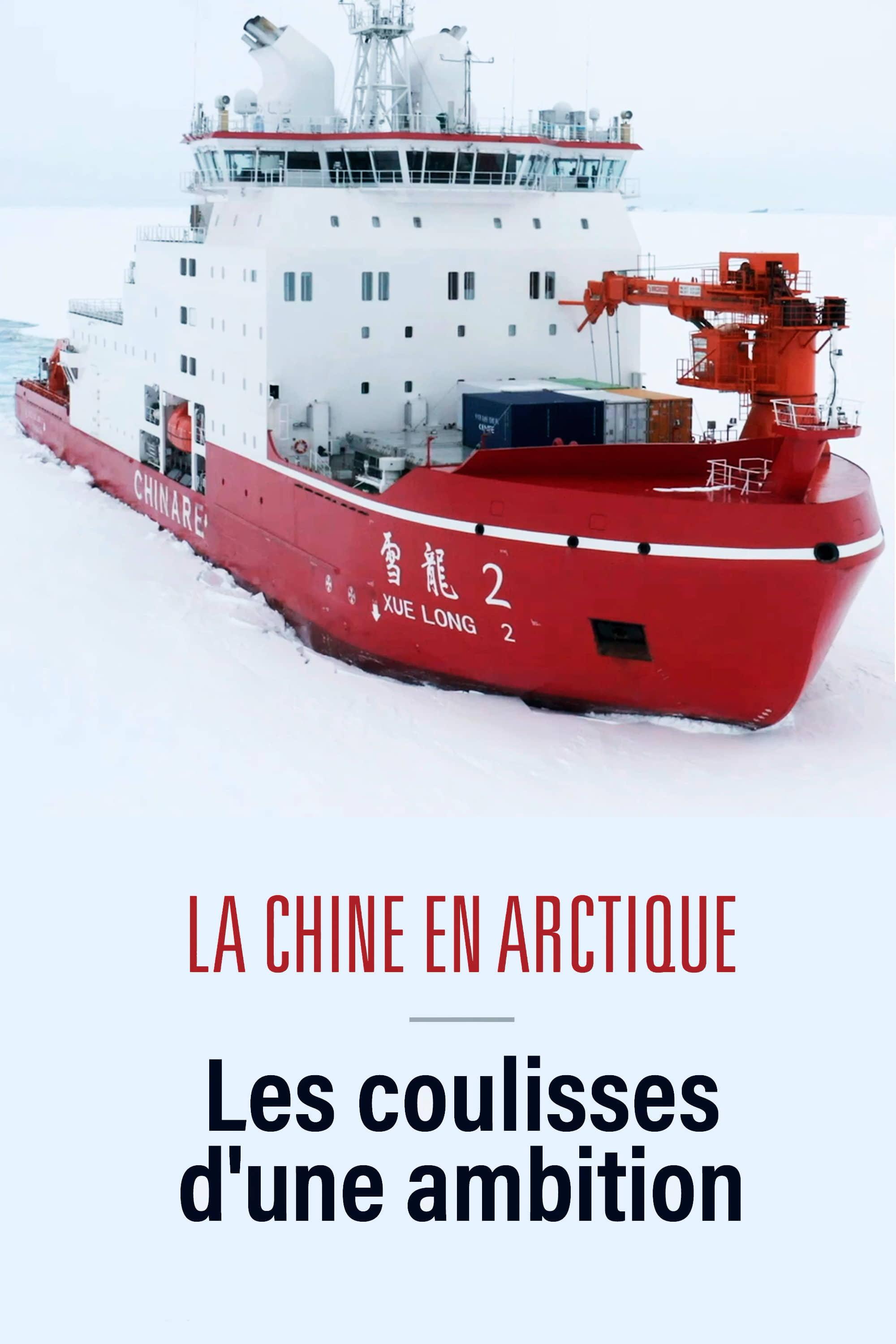
This documentary exposes the new geopolitical situation in one of the most remote regions of the planet: the Arctic. The arrival of China in this part of the world, thanks to the opening of new sea lanes, modifies the fragile balance between the superpowers that must deal with the new arrival.
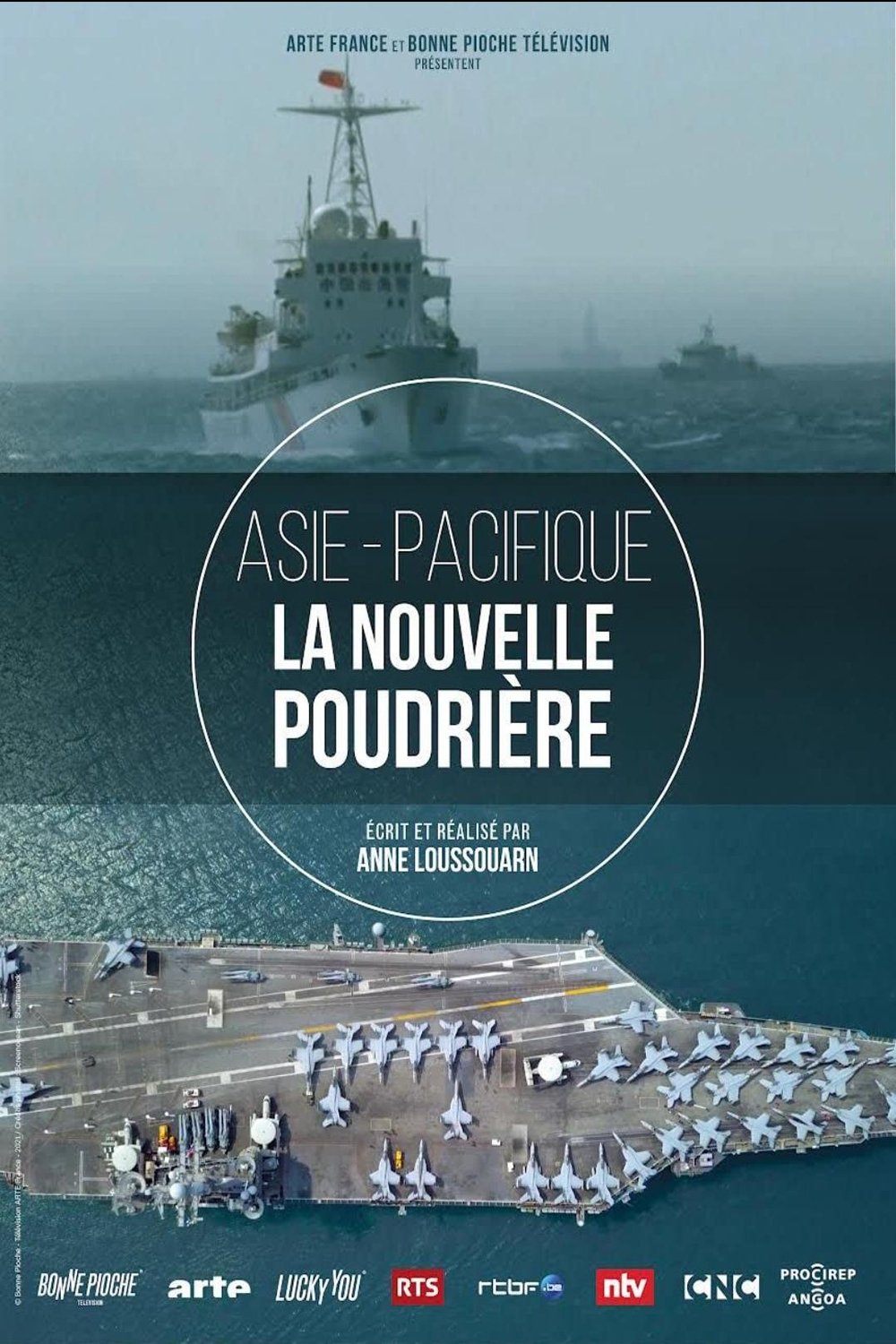
As soon as he came to power in 2012, Xi Jinping clearly stated his ambition for a national renaissance. He will combine this with the construction of a powerful army and a certain vision of Chinese territory, which includes the reunification of Taiwan. In this quest, control of the oceans has become a crucial issue, and America an obstacle. In the South China Sea and the Pacific, the Chinese Communist Party has been pursuing a strategy to undermine American influence for the past decade. Relying on the active participation of maritime militias - fishermen trained by the military - China is creating a grey area between war and peace that destabilizes both its neighbors and the world's leading military power.
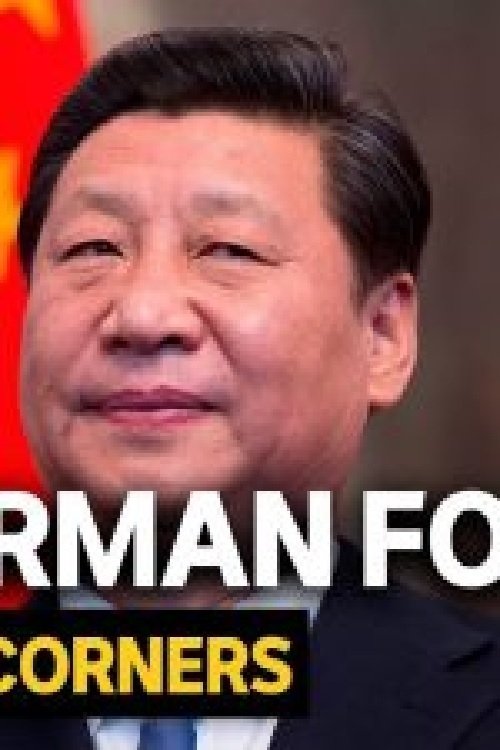
China’s President Xi Jinping is a force to be reckoned with. As leader of the Communist colossus, he commands the world’s attention, but who is China’s strongman and what is his agenda?
By browsing this website, you accept our cookies policy.